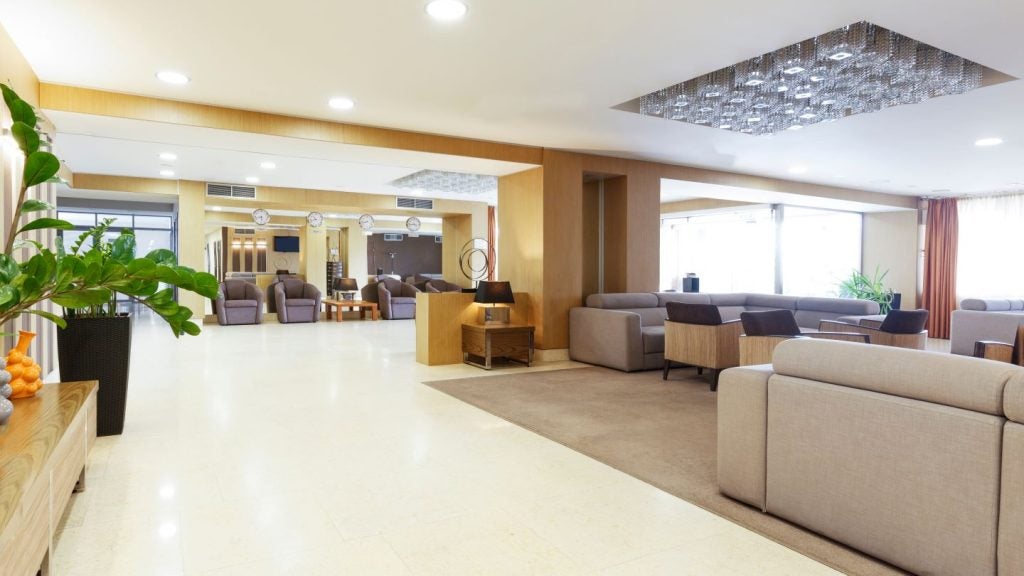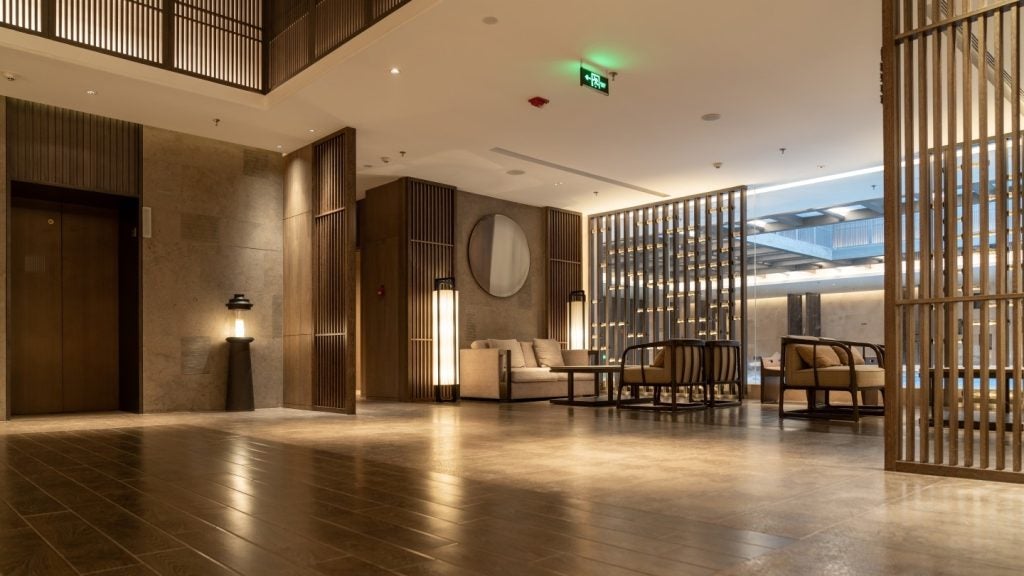
A 2009 study by Cornell’s Center for Hospitality Research named pricing as one of the hotel industry’s top revenue management concerns. Released in August, the report by Sheryl Kimes found that respondents felt under considerable pressure to reduce rates in order to maintain market share. Determining the best price at which to sell was also highlighted as a potential problem area. Published in January this year, a market briefing by PricewaterhouseCoopers agreed that hotels had lost their pricing power as a result of decreased corporate spending and reluctance among travellers to pay the high room rates of recent years. The report, which compared the fortunes of the US and UK markets, predicted a room rate drop of more than 8% in both countries this year. Experts agree that recovery for the industry will be slow, and pricing looks set to remain one of its greatest challenges in 2010.
“Customers today are certainly more rate sensitive than they were 18 months ago, and it is imperative that hotels price themselves correctly,” acknowledges Oliver Bonke, senior vice president, sales and marketing for Europe, Africa and Middle East at Starwood Hotels and Resorts. “That’s why we remained focused on ensuring that our brands are well-defined and that our loyalty programme has the strongest value proposition possible.”
The programme, Starwood Preferred Guest, experienced double digit growth in 2009 and now represents more than half of hotel occupancy for the group. “Despite the tough economic climate, we came through 2009 better than expected,” he continues. “This is thanks to our early actions and concentrating our efforts on what really matters: rolling out cost containment measures without damaging the guest experience and driving revenues.”
For Olivier Jacquin, senior vice-president of sales, marketing and distribution at Rezidor, pricing is not so much a challenge, but an opportunity, and it is the starting point for everything else within the business. “If you don’t get this correct then everything else tumbles,” he explains.
“One of the key points is transparency. Because of the speed with which information moves around the industry, through sites like TripAdvisor, you have to be at the right point or you lose the business – there is always somebody else to take it away.”
See Also:
Rezidor’s prices are determined by a number of factors, including the business mix of the hotel, with no two properties exactly the same.
How well do you really know your competitors?
Access the most comprehensive Company Profiles on the market, powered by GlobalData. Save hours of research. Gain competitive edge.

Thank you!
Your download email will arrive shortly
Not ready to buy yet? Download a free sample
We are confident about the unique quality of our Company Profiles. However, we want you to make the most beneficial decision for your business, so we offer a free sample that you can download by submitting the below form
By GlobalDataSpotting the trends
Rezidor also uses a variety of benchmarking tools to provide information on each market, helping the company to pinpoint trends as they emerge. A number of distribution channels are favoured, including the company’s own websites, its OTA partners and the GDS system. Individual hotels also have the power to price themselves based on local market conditions. “The idea is about expanding your reach,” adds Richard Biggs, vice-president of e-commerce at Rezidor. “If you go back just ten years, people went to a travel agent to book a hotel, but now they just hop on the internet. There has been a huge growth in e-commerce.”
Not surprisingly, however, the tough market conditions have had a huge impact on the way hotel groups approach pricing, including Starwood. “It is apparent that rates have dropped, dramatically in many instances, and it will be our task as a leading hotel management company to monitor and manage the demand equation to ensure that we nurture the resurgence while making strides to bolster financial returns for our owners and investors,” says Bonke. “We have been extremely careful to avoid wholesale discounting and have focused instead on initiating a series of promotions to leverage leisure demand, offering better rates linked to specific length of stay requirement and advance purchase.” Rezidor has also used some offers to stimulate its position in the market, but its core focus remains on sellable pricing and growing revenue. “We are subject to what happens in local markets, and we have worked on avoiding being the first one to blink,” says Biggs. In addition, while corporate spending has been in decline, the company has compensated by building upon its leisure business.
Looking forward
Pricing is not the only important factor when it comes to attracting guests, considers Bonke. “In declining markets, hotels cannot expect to compete purely on price alone,” he continues. “That’s why we have a sustained focus on innovative brand building and memorable guest experiences. If you look at the excitement that the $6 billion revitalisation of Sheraton and the global expansion of W have created among international travellers, there is no doubt that a strong reputation and unique position in the marketplace, combined with the reliable and consistent delivery of brand, promises to considerably influence the customer’s choice of hotel, even in an economic downturn.”
While conditions in 2009 were difficult, Jacquin hopes this year will be a transition period for the hotel industry. “There is hope in the market and there will be more confidence in 2010,” he says. “As demand picks up, prices will follow.” Biggs agrees, and expects to see improvements as the economy begins to stabilise. “It is all part of the natural evolution of pricing,” he explains. “The cost of selling rooms does not remain static and corporate spending will begin to increase again.” Bonke agrees that there is much to be positive about. “If you think how fragile the world was a year ago, we are in a much better place today than many would have predicted,” he adds. “Starwood has the freshest, strongest and most global portfolio in our history so we are well-positioned to own the upswing when the economy recovers.” He concedes that rate may take some time to get back to previous levels, however. “While occupancies are starting to creep back, rate still lags. In 2010, we are in an enviable position to leverage our great brands, our innovative edge and truly global organisation to take advantage of meaningful trends in our favour.”







